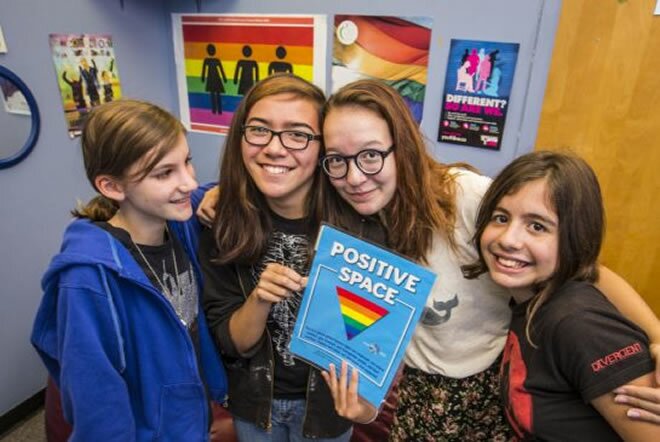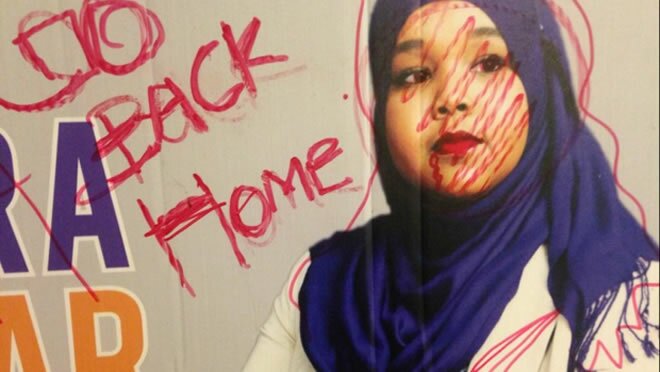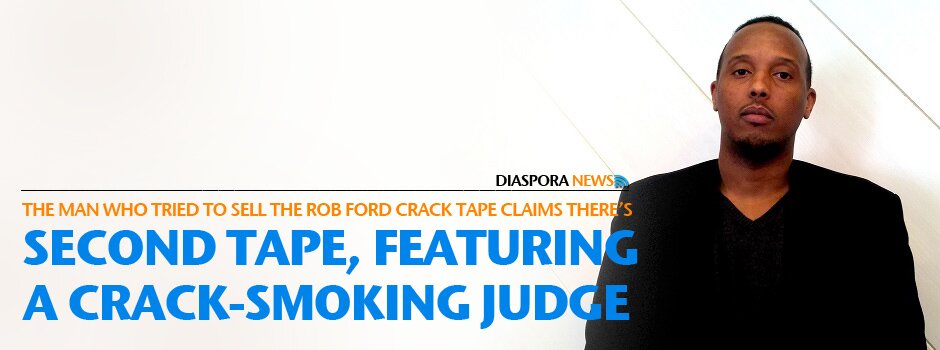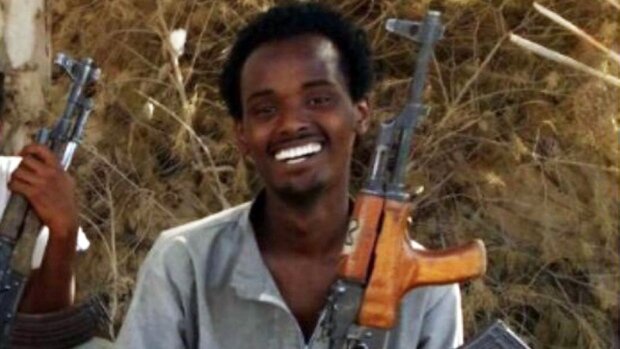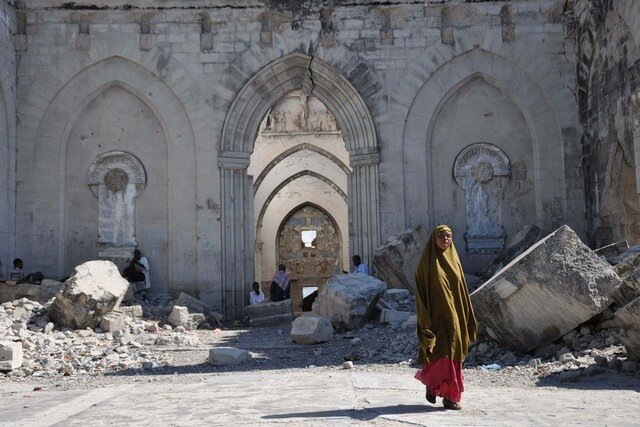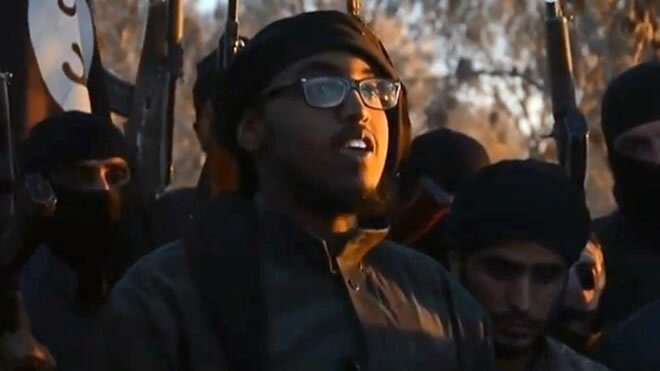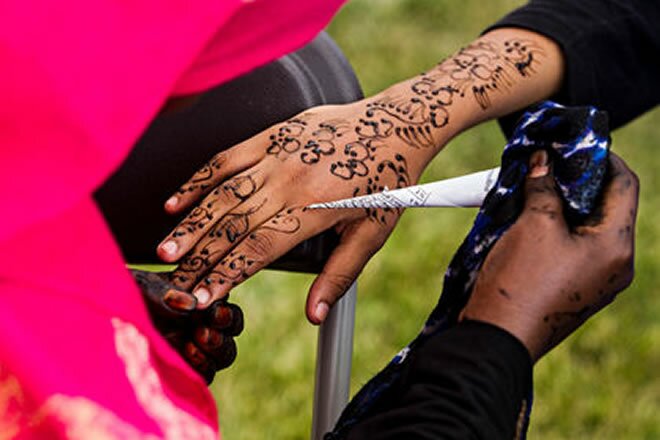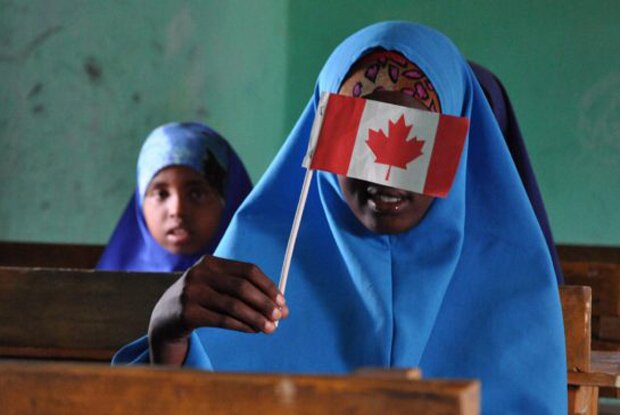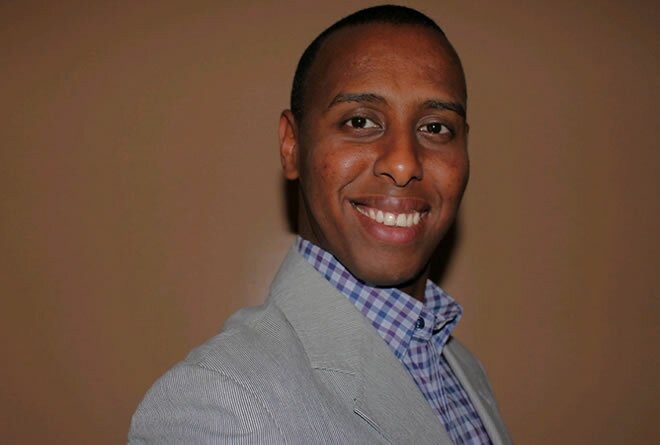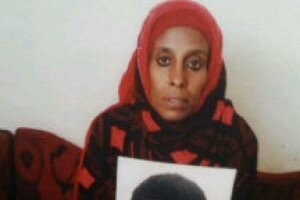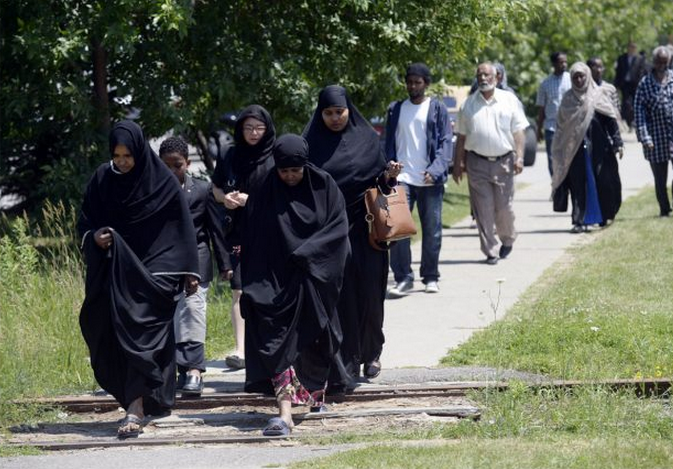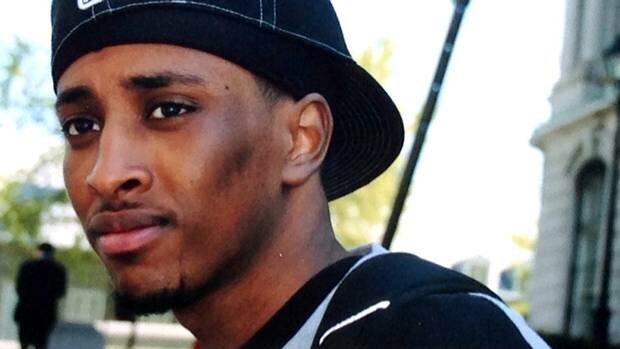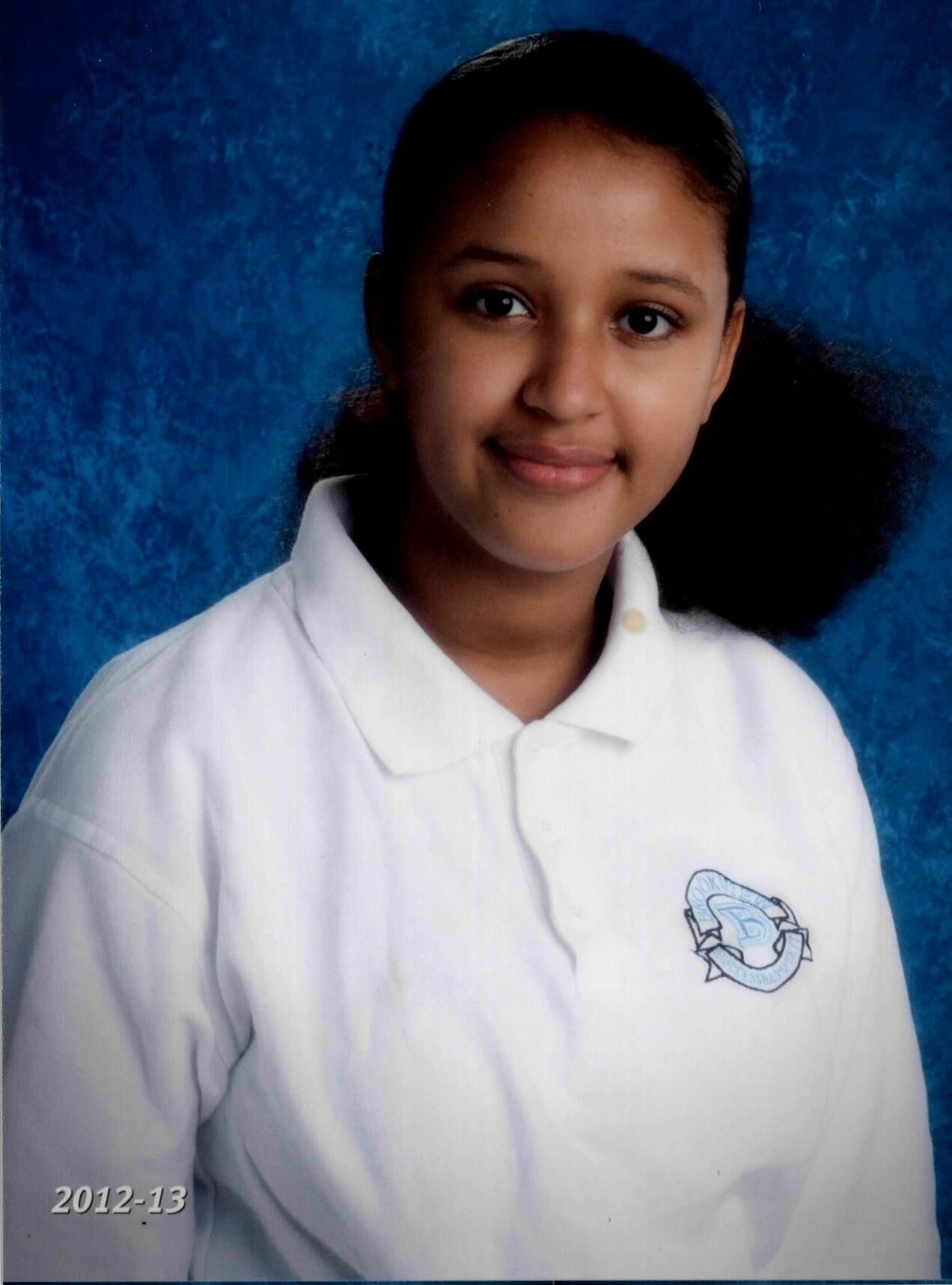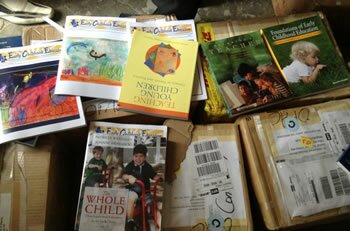Suaad and I: A growing respect born of daily calls
With as much poise as anyone could muster, Suaad Hagi Mohamud walked a gauntlet of cameras toward her 12-year-old son at Pearson Airport’s Terminal 3 yesterday, and warmly wrapped her arms around his head.
Dignified and focused, her hair wrapped in a patterned red cloth, she laughed, broke into tears, answered questions above the din, and constantly kept returning attention to her son, kissing him and rubbing his head.
I recognized her as the Suaad I had come to know over the past seven weeks – a self-possessed woman constantly moving toward a positive outcome. Almost daily, over bad phone lines, she told me the latest on her excruciating, bureaucratic ordeal, starting with the size of her lips being questioned in her passport photo, to the taking of her DNA to settle her identity.
She never played the victim during the three months she was stranded in Nairobi. She never got angry or blamed anybody. When she expressed feeling, she made only statements that she knew to be true about herself.
“I’m here to be with my son,” she told reporters yesterday. “I’m glad my whole nightmare is over.”
Two days earlier in a similar vein, she told a reporter in Nairobi, Kenya: “I wish I knew why they did it … I wouldn’t have to keep asking myself.”
At times, her Toronto friends say, she has broken down on the phone, particularly when asked about being thrown into a Kenyan jail for eight days, or speaking of her boy left behind with a friend’s family.
But with me she always stayed fixed on the task at hand.
“I am suffering for nothing,” she said at one point when she ran out of money and was evicted from a room in a Nairobi slum, perhaps her strongest expression of the injustice she felt.
And she ended every call with a cheerful, “Have a nice day.”
Mohamud was born in Mogadishu, Somalia, in 1978, making her 31 now. She remembers her childhood of the 1980s as a happy and relatively prosperous time. Her father was a businessman, she has said, with a swimming pool and a 2,000-hectare ranch at Afgooye, northwest of the capital, where her father would take her on school holidays.
When clan violence flared in the country, most of the family got out, first to neighbouring Djibouti, later to Kenya.
In 1996, at 18, she got married.
Asbscir Hussein was originally from Mogadishu, as well – from the same clan, and 11 years older.
He had come to Canada in 1989, obtained citizenship and returned to Africa to find a bride.
With Somalia still in turmoil, he looked in the expatriate Somali communities in Kenya. Their two families arranged the marriage.
A year or so afterward, he returned to Canada and began the process of sponsoring Mohamud to join him.
By the time he succeeded, in 1999, she had a toddler in tow, their only child.
But the match proved an awkward one.
Hussein drove a night taxi. Mohamud took a sewing course and beautician training, and nurtured ambitions to study fashion design.
In 2002, the couple divorced. But despite the break, throughout the ordeal, Hussein has staunchly supported her.
He filed an affidavit in federal court vouching for her. He spoke up for her to reporters. And when told he could help lab technicians match DNA between mother and son, he gamely let his cheek be swabbed.
“I feel so bad for her,” he said emotionally while waiting at the lab office last month.
“She is suffering so much.”
One of the greatest mysteries of the case is how immune the Canadian High Commission proved to be against her natural charm and obvious integrity.
When humanitarians from Ecoterra International in Nairobi heard of her plight, they checked her out and found her genuine.
When Toronto lawyer Raoul Boulakia read of her case in the Star, he ran a check and found the same.
Why the government wouldn’t bother to make the same effort remains a puzzle, but at every new barrier Mohamud responded with typical resourcefulness.
Challenged by a Canadian consular official over her identity, she produced every form of ID she could think of, including a recent dry cleaning receipt from Brighten Cleaners near her Toronto home in Lawrence Heights.
When that went nowhere, she remembered she gave her fingerprints when she immigrated to Canada 10 years ago. “Take them again now,” she asked consular officials.
Eventually, her attempts to prove herself led to one of her friends calling me.
The first story appeared July 1. With each additional report, the Star alone paying attention, Mohamud became more elaborate in her expressions of appreciation.
“When I get home, I’m going to give you a big hug,” she said a few days ago.
In the crush of the airport crowd yesterday, we never even got a chance to say hello.
Comments
comments
 Calendar
Calendar






